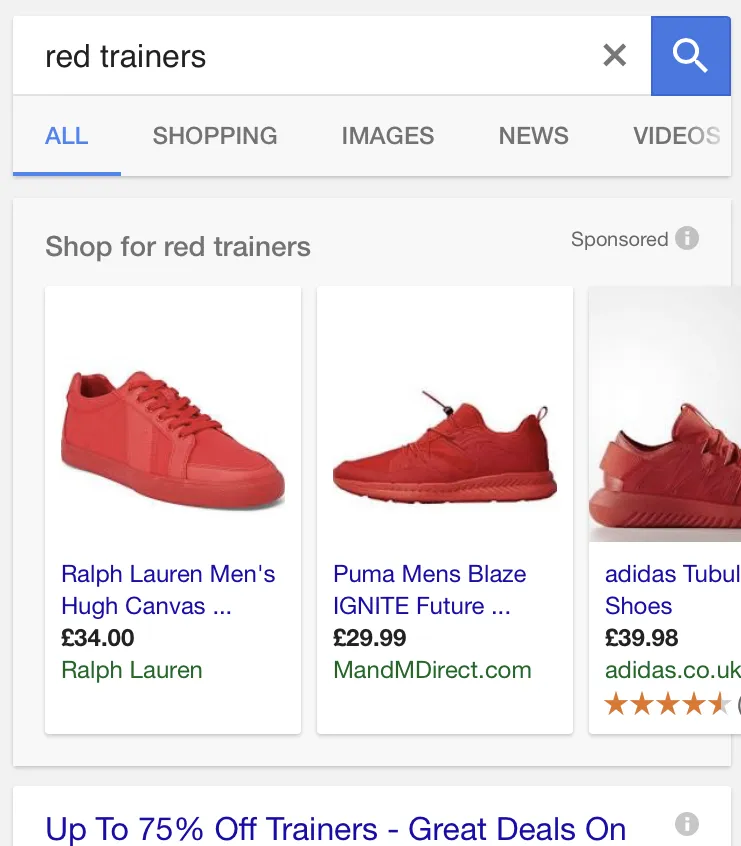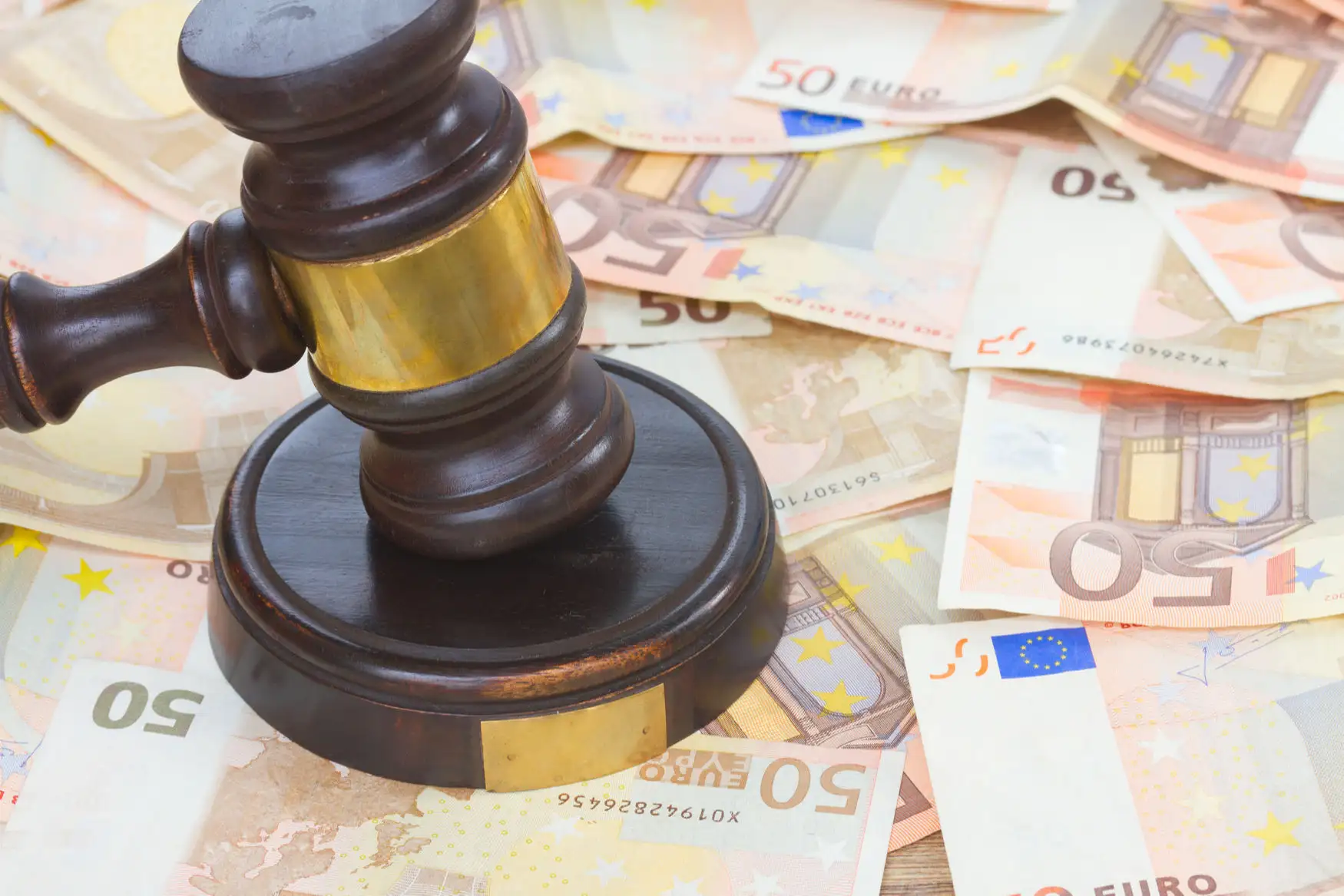Google has just been fined a record €2.9bn ($2.7bn; £2.1bn) by the European Commission after it ruled Google had abused its power by promoting its own shopping comparison widget at the top of search results.
Update 18/09/2017
Google has offered to display rival shopping comparison sites via an auction in order to comply with an EU antitrust order to stop favouring its own shopping service. The proposal, which resembles a failed offer made to the European Commission three years ago to settle the case, would allow competitors to bid for any spot in its shopping section known as Product Listing Ads.
So theoretically, you could see Bing Ads in the Google Shopping widget…
The new proposal would also see Google set a floor price with its own bids minus operating costs. However, the offer does not address the objections raised by EU regulators. The Commission had ordered Google to treat rivals and its own service equally, not allow them to pay for the privilege of competing.
Update 11/09/2017
With only three weeks to comply with the ruling, Google has decided to appeal the €2.9bn fine imposed by the European Commission. Google contends that its vertical search integration didn’t put competitors out of business and maintains that it is making the internet a better place for its existence. It’s possible that the huge Google ego isn’t the only thing driving this appeal. Intel’s successful appeal in their antitrust case against the EU last week may also have galvanised their defence.
The ruling comes after a seven-year investigation into Google Shopping’s practices.
The amount is the regulator’s largest penalty to date against a company accused of distorting the market. The ruling orders Google to end its anti-competitive practices within 90 days or face a further penalty. So it basically has to move the Google Shopping widget off the top or be slammed with further fines.
If Google fails to change the way it displays Google Shopping within three months, it could be forced to pay 5% of its parent company Alphabet’s average daily worldwide earnings.
Although the penalty is record-sized, it could have been bigger. The commission has the power to fine Alphabet up to 10% of its annual revenue, which was more than £70.8bn in its last financial year.
Who influences our shopping habits?
Google had previously suggested that Amazon and eBay had more influence over the public’s spending habits and that the commission’s views “failed to fit the reality of how most people shop online”. As big online companies gather more and more data about our search habits, they will become better and better at anticipating our needs. So the question is, are we being shown what we want, or what Google wants us to see?
The ruling may also set a precedent for other sponsored advertising, including local business listings, flight price comparisons and even Google’s new “jobs near me” function. It’s possible that the EU Commission cracks down on all sorts of paid ads and content from Google.
Google Shopping displays relevant products’ images and prices alongside the names of shops they are available from and review scores, if available.
The details are labelled as being “sponsored”, but not clearly. Google has recently been testing their sponsored ads with less and less noticeable signs of sponsorship. The idea behind this is that searchers are sceptical of sponsored content, so less obvious ads are more likely to be clicked, with the user believing it’s the first organic search result.
Shopping results often push traditional links off screen when viewed on smartphones
On smartphones, the widget dominates “above-the-fold” content, meaning users might not see any traditional links unless they scroll down.

Google also benefits from the fact the Shopping service adverts are more visual than its text-based ads. Google makes an estimated $19bn a year on ad revenue, with one recent study suggesting that Google Shopping accounts for 74% of all retail-related ads clicked on within Google Search results.





![Google Fined £2.1bn Over Market-Warping Shopping Practices [UPDATED]](https://mrs.digital/wp-content/picasso/2026/02/how-to-optimise-for-ai-seo-geo-and-aeo.webp)
![Google Fined £2.1bn Over Market-Warping Shopping Practices [UPDATED]](https://mrs.digital/wp-content/picasso/2025/06/S_DD_Logo_ReversedRGB_.webp)